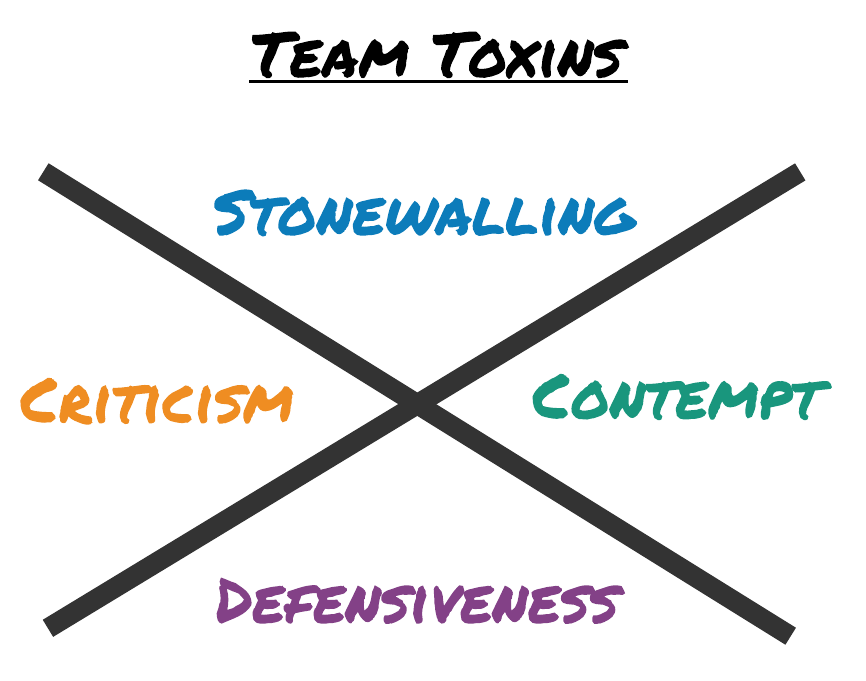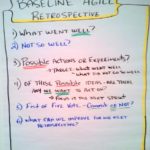Building antifragile relationships is about finding ways for our relationships to gain from disorder, or be more antifragile. What tools and practices can we use to help us thrive from disorder? What mindset do we need to hold to be present with the teams and organizations we are in?
I’m excited to be presenting a session at Santa Barbara Agile titled: “Building Antifragile Relationships and Teams.” The session will be on November 19th! You can signup and find specific details at the Santa Barbara Agile Meetup.






